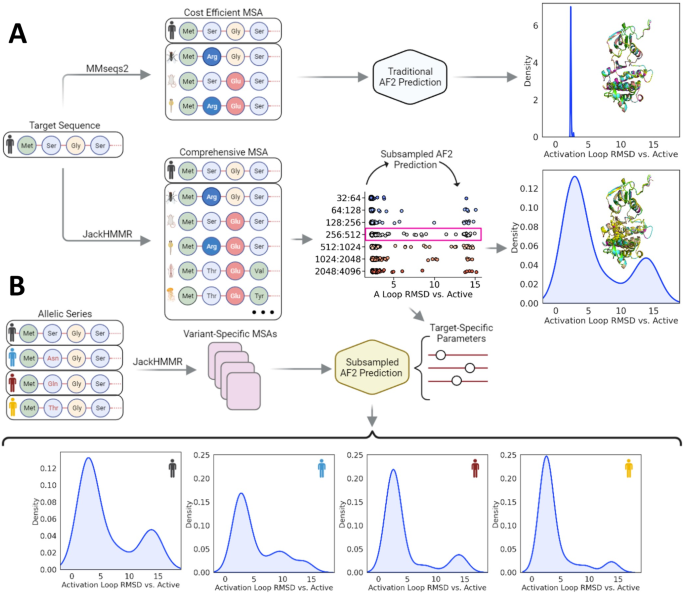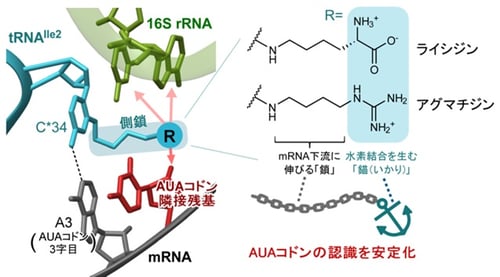2024-03-27 ペンシルベニア州立大学(PennState)
<関連情報>
- https://www.psu.edu/news/engineering/story/synthetic-material-could-improve-ease-and-cut-cost-gut-microbiome-research/
- https://onlinelibrary.wiley.com/doi/10.1002/adfm.202402514
合成大腸粘液がモジュール型マイクロバイオーム・オーガノイドの開発を可能にする Synthetic Colonic Mucus Enables the Development of Modular Microbiome Organoids
Michael A. Miller, Scott Medina
Advanced Functional Materials Published: 13 March 2024
DOI:https://doi.org/10.1002/adfm.202402514

Abstract
The human colon is home to trillions of microorganisms that modulate gastrointestinal physiology. The understanding of how this gut ecosystem impacts human health, although evolving, is slowed by the lack of accessible tools suitable to studying complex host-mucus-microbe interactions. Here, a synthetic gel-like material capable of recapitulating the varied structural, mechanical, and biochemical profiles of native human colonic mucus is reported to develop compositionally simple microbiome screening platforms with utility in microbiology and drug discovery. The viscous fibrillar material is realized through templated assembly of a fluorine-rich amino acid at liquid-liquid interphases. The fluorine-assisted mucus surrogate (FAMS) can be decorated with mucins to serve as a habitat for microbial colonization and integrated with human colorectal cells to generate artificial mucosae, referred to as a microbiome organoid. Notably, FAMS are made with inexpensive and commercially available materials and can be generated using simple protocols and standard laboratory hardware. As a result, this platform can be broadly incorporated into various laboratory settings to advance probiotic research and inform in vivo approaches. If implemented into high throughput screening approaches, FAMS may represent a valuable tool to study compound metabolism and gut permeability, with an exemplary demonstration of this utility presented here.


